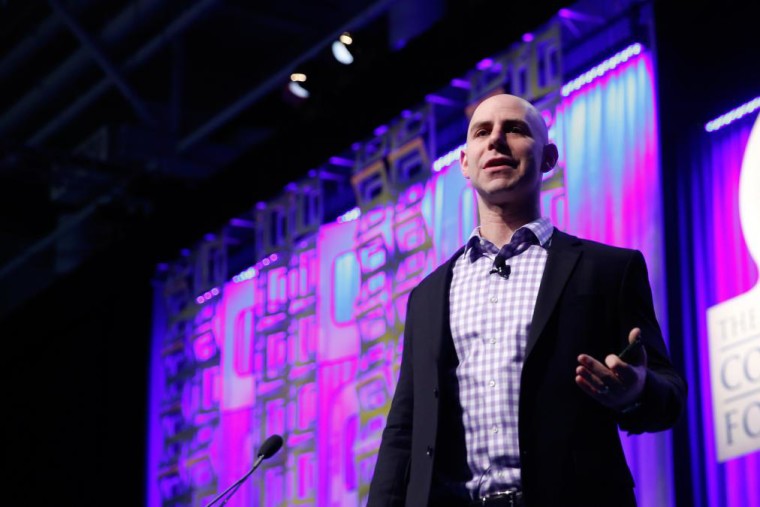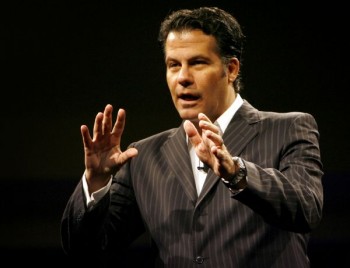One of the most challenges aspects for graduate students is learning various lines of inquiry. Inside every field of study are schools of thought, methodologies, theories, and research approaches for particular topics. How do you quickly and efficiently learn about a new topic? In today’s post, I suggest that you learn about lines of inquiry by studying individual researchers.

When I have students that seek to learn about a new area of research, I often recommend that they look up an individual researcher that publishes extensively on the topic. Often, I’m even able to give the name of someone to help get them started.
I recommend pulling the researcher’s CV and reading all of their publications on a topic.





